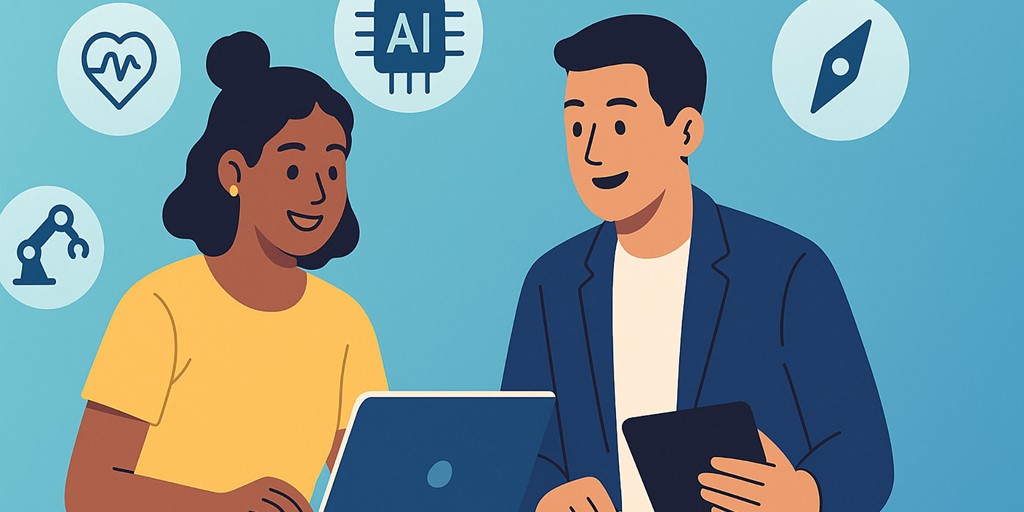Gen Z and Millennials – A Generation Seeking Support and Innovation

What does Deloitte’s research reveal about the needs of young workers, and what opportunities does it create for businesses?
In a rapidly changing world, the new generations of workers – specifically Generation Z and Millennials – bring new priorities, different sensitivities, and a more assertive voice to the forefront. The results of Deloitte’s recent (2024) survey in Greece shed light on the needs and challenges they face while also highlighting opportunities for businesses that wish to remain modern and attractive employers.
Work as a Source of Stress
42% of Gen Z and 46% of Millennials state that work is a significant source of stress. At the same time, fewer than half believe their employers take mental health seriously. This finding confirms that mental health is no longer a taboo topic but a critical factor for employee well-being and engagement.
Interpretation: Strengthening wellbeing policies and fostering a genuine culture of support are not merely desirable but absolutely necessary.
Artificial Intelligence Without a Manual
More than 4 in 10 Gen Z employees use Artificial Intelligence tools in their work, while the corresponding percentage among Millennials is 39%. However, only 9% of Gen Z and 6% of Millennials have received relevant training. Despite the growing use of these tools, most learn “by doing” or on their own.
Interpretation: Employers have an opportunity to bridge the gap with targeted training programs in GenAI technologies, giving young employees the tools to innovate safely.
Seeking Meaning and Perspective
89% of Gen Z and 91% of Millennials believe it is important to find meaning in their work. In fact, over 50% report having resigned from a job where they saw no purpose or prospects.
Interpretation: Today’s generations are not merely seeking a job position but roles with a mission, impact, and meaningful participation.
Overlaps and Differences
Gen Z and Millennials share common concerns but differ in how they manage them: Gen Z seeks more autonomy and is more willing to set boundaries. Millennials, on the other hand, tend to operate more compromise-oriented, having experienced the crisis of the previous decade.
Conclusions
The new generation does not ask for leniency. They demand clear structures, respect for their mental well-being, meaningful education, and participation in the “why” behind every job.
Mental health and digital capability are not two parallel demands. They form the dual foundation upon which the future of work is being built.
Businesses that understand this first will gain not just employees, but allies in progress.







